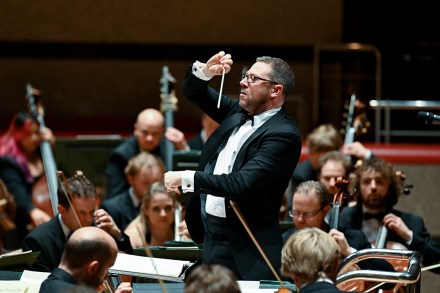The political polyvalency of modernism
The late Sir Roger Scruton often pronounced in a harsh manner on modern architecture and modern music, perceiving in various work an assault on bourgeois culture and a break with tradition. Back in the 1950s, music critic and CIA agent Henry Pleasants (a station chief in Bonn) delivered if anything a more scathing view of the ‘agony’ of modern music, arguing that it had severed its connection with the idioms bequeathed by the human voice. It might seem natural that opposition to the iconoclasm of artistic modernism would go hand-in-hand with a relatively conservative politics. Furthermore, knowledge of Nazi attacks on Entartete Kunst suggests a clear disjunction between far right




















